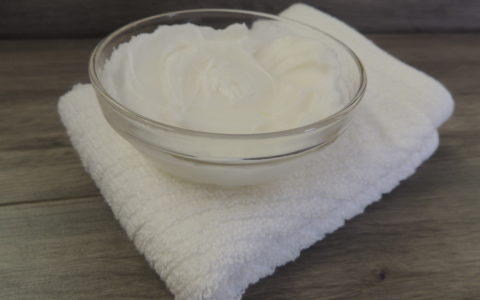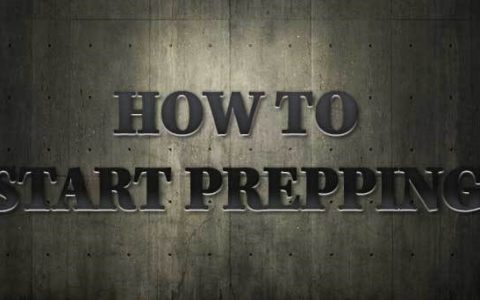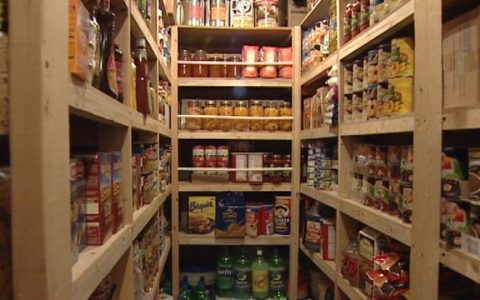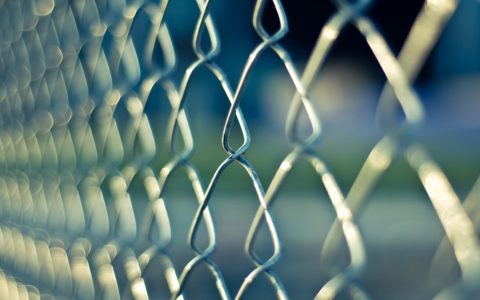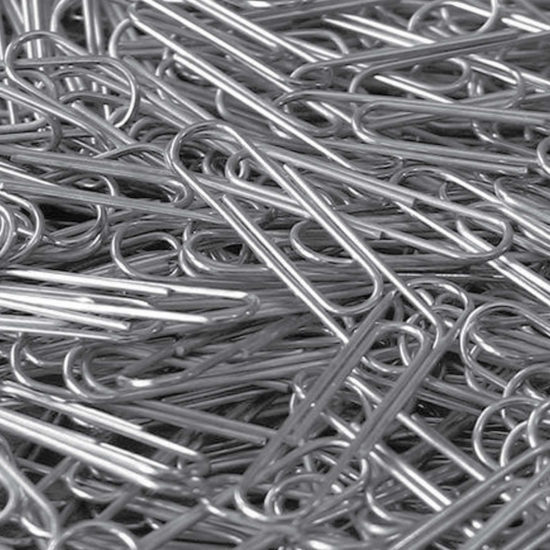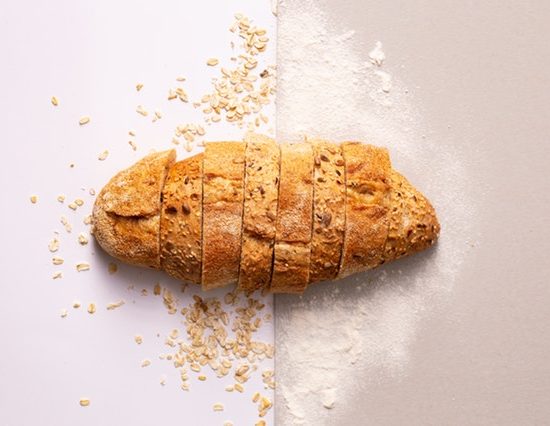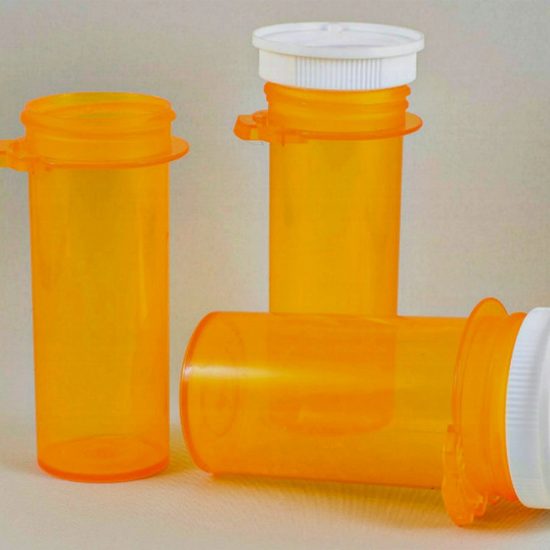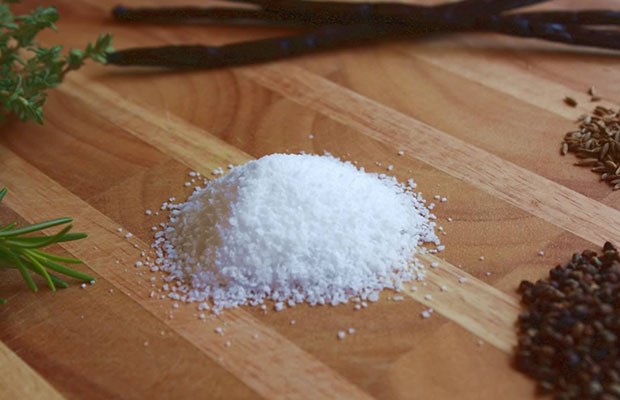
One of the most diverse prepper considerations from the standpoint of a long-term disaster is health. By health I am not specifically referring to the risks to your health from the disaster itself. If you are living through a hurricane or earthquake, there are natural risks to your health that you need to mitigate in the moment. Prior planning helps you with identifying the risks in this type of scenario and developing a course of action to take. If there are violent mobs approaching your city, that is another risk and those subjects are just one piece of the health equation that preppers need to plan for. Prepping is all about staying alive and alive usually assumes healthy. If your health deteriorates too far, you won’t be alive for very long.
Physical safety from harm has one dimension. Then you have nutritional health and that brings in the considerations of adequate food, sanitation and hygiene and treatment of illness, and the subject of clean water. These things could have a far greater impact on your life after some disaster than the actual disaster itself, assuming you did have a plan and were able to take steps to get yourself out of harm’s way. Yes you could be affected by that natural disaster, but with minor preparations and some action, that is largely avoidable.
During the clean up in the days, months and possibly years after the event, your daily nutritional health will likely play a bigger factor into your survival. Assuming you have the food storage covered and you are stocked with water filtration methods and all the toilet paper you can handle, there are many other considerations our body needs to run as efficiently as possible. And like a lot of other prepping supplies, some are harder to find if the grocery stores aren’t open. After the beans, bullets and Band-Aids, do you have plenty of salt stored away?
Why is salt important to nutrition?
Your body needs salt in order to function. In fact, Salt is essential to life and you simply can’t live without it. Salt isn’t something the food companies made up either and its importance was very evident far back in history. The world Salary comes from the Latin root word for salt, “sal” because Romans were paid in salt. Salt is so important that we need to include that in our daily diet and even more so if we are depleting salt as in the case of heavy perspiration.
What is salt used for in the body? According to Mercola:
- Salt is a major component of your blood plasma, lymphatic fluid, extracellular fluid and even amniotic fluid.
- Salt helps your body properly carry nutrients into and out of your cells.
- Salt helps you maintain and regulate blood pressure
- Salt increases the glial cells in your brain, which are responsible for creative thinking and long-term planning. Something you are sure to need if the grid goes down for very long.
- It helps your brain communicate with your muscles via sodium-potassium ion exchange.
When our bodies don’t have enough salt to provide for optimal health you can develop a condition known as hyponatremia. In hyponatremia, your body’s water levels rise, and your cells begin to swell. This swelling can cause many health problems, from mild to life-threatening.
Hyponatremia signs and symptoms may include:
- Nausea and vomiting
- Headache
- Confusion
- Loss of energy and fatigue
- Restlessness and irritability
- Muscle weakness, spasms or cramps
- Seizures
- Coma
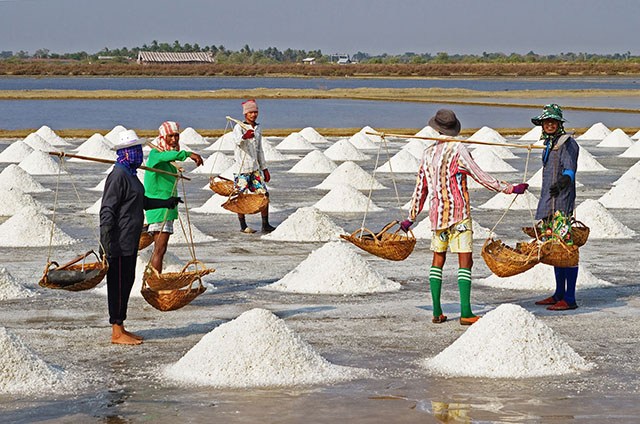
How much salt should you stock up on?
So it’s clear we need to plan for salt as part of our overall health if we want to maintain optimal levels, but how much should we stock up on and is any salt better than another? Most of our diet now provides the salt we need in abundance. Over 80 percent of the salt most of us consume comes from processed foods. The freeze-dried camping meals I love as a bug out bag option give you plenty of salt so you might think you already have everything you need.
When I first started prepping and began my food storage, I went to Sam’s and bought a whole case of Morton Iodized Salt. Each box is 4 pounds and they cost a little over $1 each. I figured I was set for quite a while, but I didn’t learn about the differences in “salt” until much later. Regular table salt has added ingredients (Calcium silicate, dextrose and of course Potassium Iodide) so strictly speaking this isn’t the best all-natural salt you can get. However, I believe that in a disaster or crisis, this will be perfectly fine and it is a cheap way to store a lot of salt. So now, I have at least 48 pounds of salt which I calculate lasting my family three years minimum.
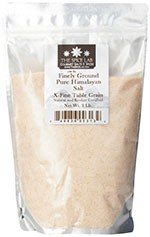
A more pure source of daily salt is Himalayan Salt.
There are healthier sources of salt. Himalayan Salt for instance seems to be the most pure retail source now but it is more expensive as you would expect. Himalayan salt is only 85 percent sodium chloride; the remaining 15 percent contains 84 trace minerals from prehistoric seas. Table salt by example is not pure sodium chloride but is 97.5 percent sodium chloride and anti-caking and flow agents are added to compromise about 2.5 percent. These can be dangerous chemicals like ferrocyanide and aluminosilicate. You should research the health benefits of each and make your own decisions. For my family, we have the Morton salt stored in bulk for what-if and use Himalayan on the dinner table.
How to find sources of salt in the wild
Stocking up on dozens of pounds of salt from your closest big box store is simple enough. Maybe you have a convenient salt mine in your town like the residents of Jericho, but what if you don’t have a home and all of your supplies anymore? What can you do to provide the needed salt for optimal health? Is there a source of salt naturally near you?
Well, you can find active salt mines near you by going to the internet. This site has a simple listing of salt mines by location that you might use to scope out opportunities ahead of time.
Sea Water – Yes, this is a no-brainer I understand, but some people might not have considered that all the salt we could ever need is in the oceans. Just collect seawater and let it evaporate in a container. You might have to wait a while for that to occur, heating over a fire is another option but the evaporated water will leave behind sea salt.
Meats and Seafood – The blood from animals can be harvested for recipes and the meat naturally contains sodium. Salt water Fish are naturally going to have sodium but again, if you are living close to the oceans, you already have a source. Kelp and seaweed are also excellent sources.
Eggs and Dairy – Eggs, large eggs contain 62 milligrams of sodium and while this isn’t all you need, it is a source and provides another reason for raising your own chickens.
Vegetables and roots – Right out in your garden, One cup of cooked spinach contains 184 milligrams of sodium per serving. One cup of raw Swiss chard contains even more, with 313 milligrams of sodium. Other vegetables like artichokes, sweet potatoes, radishes, celery, carrots, broccoli and bell peppers have lower amounts but they are still a source. One cup of raw celery contains 96 milligrams of sodium.
Hickory Tree Roots – Apparently, the roots of a hickory tree can be chopped into small pieces, boiled in water for a long time, but not so long there is not any water left. Remove the hickory root pieces and then boil the rest of the water down and you will be left with a black substance that is supposed to be salt. This one is not one of the better known sources and I can’t find a lot of literature on the subject. That coupled with the higher chance of error seems to rule this out.
What about salt blocks? –This seems like a great idea. Just buy a few blocks of salt, intended for livestock or luring animals like deer into the stand and you are all set. Unfortunately, there are a lot of other chemicals added to those salt blocks to keep them in that nice pretty block so this approach isn’t recommended for salt you can consume later. The salt blocks would be good for their intended purpose though and that is providing a lure for animals. Bring them in close and you can harvest a big deer hopefully. Sure beats licking that block…
What other overlooked prepping supplies have you thought of?




